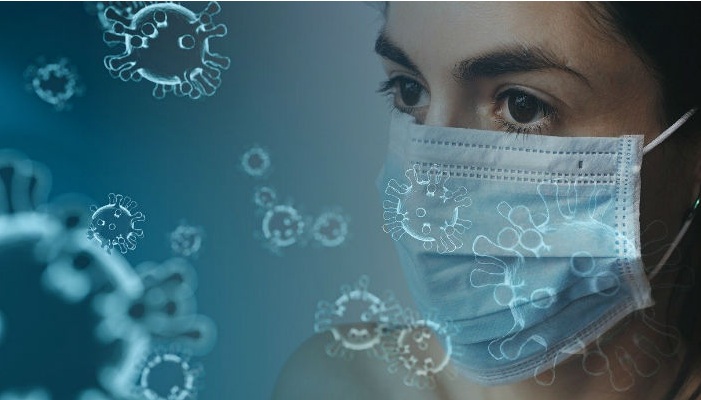Vystar Corp. has shifted to Massachusetts its production of Rx3000, a hybrid ultraviolet (UV) light air purification system designed specifically for hospitals. Rx3000 is cleared by the U.S. FDA as a Class II Medical Device and was designed by biomedical engineers for use in hospitals and healthcare facilities. Rx3000 utilizes ultraviolet-C (UV-C) germicidal irradiation (UVGI) to inactivate 99.97 percent of airborne viruses, bacteria and other pathogens on first pass.
“We are proud to say that we’ve resumed production of the RX3000 and it is now made in Worcester, Mass., enabling more control over quality and distribution,” stated Steve Rotman, CEO of Vystar. “We are now producing 50 units per week. Once we finish testing these units, we plan to ramp up to 1,500 units.”
The Rx3000 combines patented ViraTech germicidal UV-C light with a five-stage HEPA filtration proven in independent Environmental Protection Agency- and FDA-certified laboratory testing to inactivate on first pass more than 99.97 percent of airborne viruses, bacteria and other contaminants.
Rx3000 has been proven effective at inactivating airborne pathogens that cause pneumonia, influenza, MRSA (staph), streptococcus (whooping cough), tuberculosis (TB), measles and a myriad of other antibiotic-resistant and viral infections.
The Centers for Disease Control and Prevention has long stated that UVGI is effective in reducing the transmission of airborne bacterial and viral infections in hospitals, military housing, and classrooms. Last month, the CDC stated that UVGI is one of the most promising methods for decontamination of filtering facepiece respirators (FFR) for coronavirus (SARS CoV-2), the virus that causes COVID-19. The report notes SARS CoV-2
may be inactivated by high doses of UV-C light, similar to the 99.9 percent to 99.999 percent inactivation rate of UVGI on other viruses such as Influenza A (H1N1), Avian influenza A virus (H5N1), Influenza A (H7N9) A/Anhui/1/2013, Influenza A (H7N9) A/Shanghai/1/2013, MERS-CoV, and SARS-CoV. Rx3000 has not been tested directly for effectiveness against airborne coronavirus but it uses the UVGI technology detailed in the CDC reports.
UVGI is harmful to the skin and eyes. Rx3000 is designed to prevent direct exposure of UV light to skin or eyes during normal operation. The CDC reports that many COVID-19 patients develop pneumonia and other respiratory infections. These are often spread by airborne pathogens,” said Bryan Stone, M.D., Internal Medicine and Nephrology, chief of Medicine for Desert Regional Medical Center, and expert consultant for medical application and technology development. “Rx3000’s one-two punch of pathogen trapping HEPA filtration and UV light pathogen inactivation can play a critical role in reducing exposure to dangerous airborne viruses and bacteria. No matter how much you sanitize a room’s surfaces, it is all undone by the simple act of an infected person exhaling, sneezing or coughing harmful viruses or bacteria in the vicinity of that surface or near another person.
While the CDC addresses methods for personal and surface disinfection, the Rx3000 is an effective tool to reduce airborne pathogens, further protecting those people and key surfaces.”
Rx3000 is used in hundreds of hospitals and healthcare facilities. With an MSRP of $8,000 per unit to service a 1,500-square-foot to 3,000-square-foot area, Rx3000 is cost effective. Vystar acquired 100 percent of the assets and patented intellectual property related to the Rx3000, RxAir for residential and small business use, custom filtration and other UV light air purification technologies from UV Flu Technologies in 2018. Vystar also acquired all of the equipment necessary to make the custom filters used in the Rx3000.


















